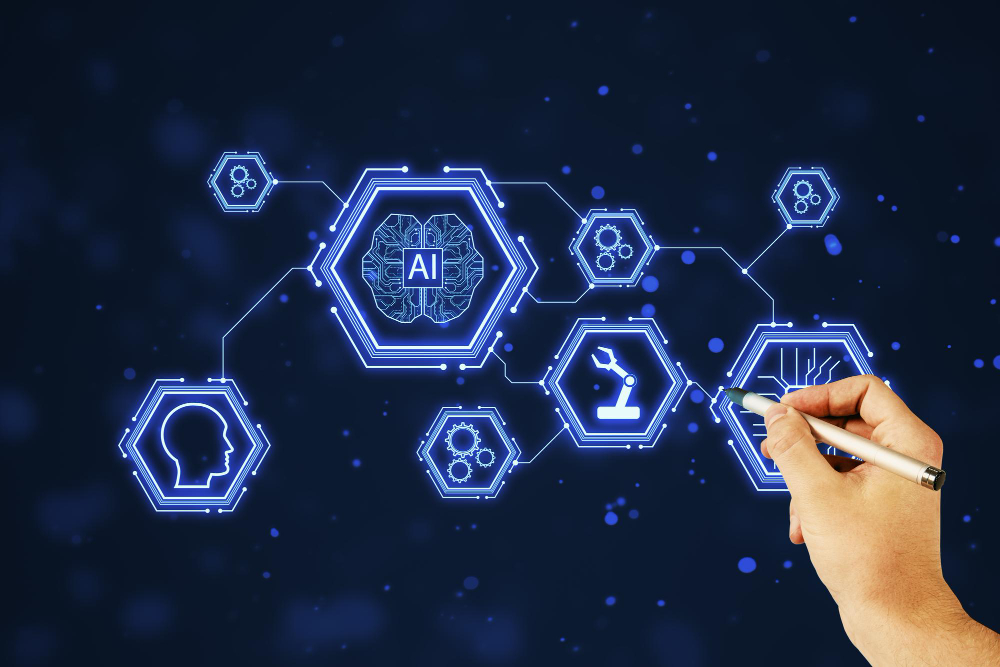In today’s rapidly changing digital landscape, businesses and educational sectors face constant upheavals. Digital transformation has become more than a buzzword; it’s a vital adjustment to remain competitive. Marc Rouhana, a visionary leader in the realm of eLearning, offers insights into leveraging AI to enrich this transformation. His perspectives are instrumental for organizations striving to enhance their training programs and boost their ROI amidst these changes. By focusing on AI’s potential, Rouhana offers a roadmap to successfully navigate these turbulent waters.
To begin this journey, the first step is recognizing the profound impact of AI on digital transformation. AI technologies facilitate adaptive learning, personalize experiences, and optimize resources, significantly improving efficiency and outcomes. Notably, AI-driven analytics offer insights that traditional methods can’t match, allowing organizations to fine-tune their strategies continuously. By adequately investing in AI, companies position themselves for sustained growth by effectively managing digital change and staying ahead in the eLearning domain.
A crucial factor in utilizing AI effectively lies in understanding its role in content curation and delivery. AI can streamline enormous amounts of data, ensuring that what learners receive is relevant and timely. This tailored approach not only enhances the learning experience but also ensures that students and employees remain engaged. By integrating AI into curriculum design, organizations can create a more dynamic learning atmosphere, which is essential for maintaining interest and improving retention rates.
Furthermore, AI’s integrative capabilities allow it to seamlessly operate alongside existing digital tools and platforms. This compatibility enhances the scalability of training programs, making it easier for organizations to expand their educational offerings without overextending resources. Through careful planning and strategic implementation, businesses can use AI to support a broad range of learning initiatives. These initiatives can accommodate individual learning styles, cater to diverse needs, and facilitate a more inclusive learning environment.
Another vital consideration is the continuous monitoring and adaptation AI offers. Real-time analytics enable educators and businesses to constantly evolve their training programs, ensuring they remain relevant and effective. This adaptability is crucial in today’s fast-paced environment, where trends and technologies evolve swiftly. By harnessing AI, organizations can anticipate changes and respond proactively, thus securing their place at the forefront of digital transformation in eLearning.
To realize these benefits, a cultural shift towards embracing AI and digital innovation must occur. Change management strategies become indispensable, guiding organizations through this complex transition. Leaders like Rouhana emphasize open communication, continuous learning, and collaboration as keys to a successful transformation. Such strategies not only align teams but also increase buy-in, critical for integrating AI effectively.
In conclusion, the road to mastering digital transformation in eLearning, especially with AI integration, is anchored in strategic planning and execution. Organizations can maximize their training initiatives’ ROI by understanding AI’s full potential and implementing it thoughtfully. With experts like Marc Rouhana paving the way, businesses have a blueprint for navigating these challenges. By embracing AI-driven solutions today, organizations equip themselves with the tools for tomorrow’s successes.
